Cadence Review
Cadence
Preview: Made With Monster Love’s puzzle musical app is pure poetry
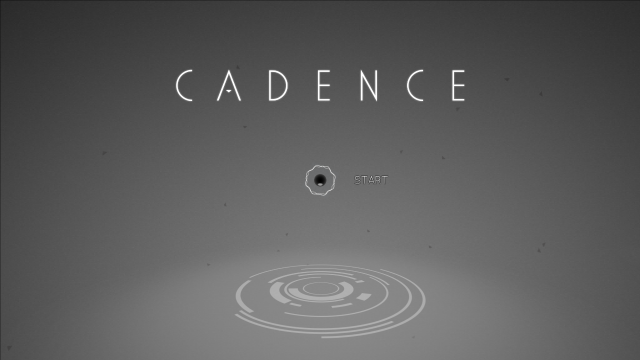
Verdict
Available on PC
Cadence release date: March 2016
Cadence looks set to be a talking point for gamers when it sees release early next year. Part puzzle game, part musical application, it broadens the scope of what the videogame medium is capable of.
Created by South African indie developer Made With Monster Love, Cadence is billed as a “zen-like audio-generative puzzle game”. While that may sound like a bit of a mouthful for a game that’s presented initially as a simple set of floating nodes, it’s actually the best description one could ask for.
Cadence is about making connections; players solve the different levels in the game by connecting up a series of nodes. Each node produces a musical note so once the player has created a song loop, they’ve solved a level.
It’s not as easy as all that; different nodes have different properties. Some allow the notes to run smoothly along the connective ‘wires’, while others knock them back in the opposite direction producing a beat. If two notes collide in the centre of a connection, the musical loop shorts out and the player has to re-think their progression.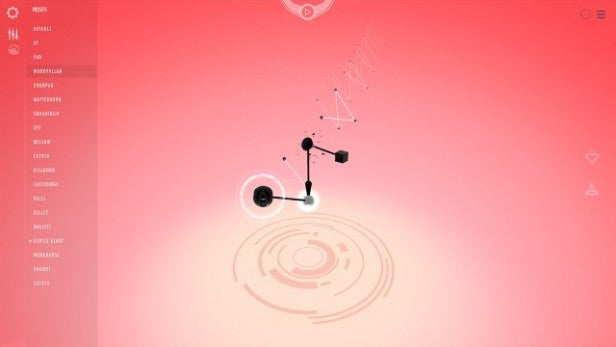
The demo I was able to get my hands on started simply enough with a mere three nodes floating in mid-air, which I connected into a sonic triangle. As the game progressed, however, the number of nodes increased and the holding patterns became more and more complex.
More often than not, what looks like a pretty straightforward path to victory turns out to be a rather complicated puzzle. Players will find themselves spinning what looks like a half-finished wire frame around in the centre of their screen, gazing at it from every angle. Furthermore, as the complexity of the node holding patterns increases so do the number of possible solutions, so in some instances there are multiple solutions to the puzzle the player has in front of them.
Related: Best PC Games 2015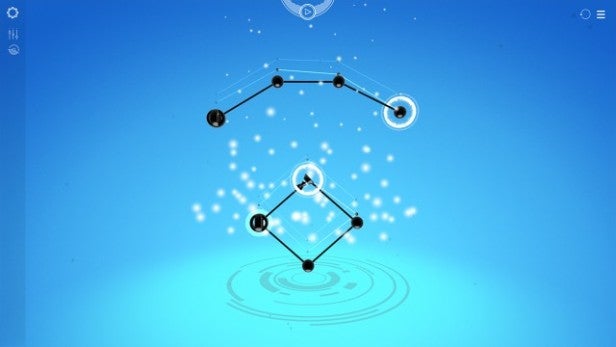
Not that Cadence is frustrating – far from it, due to the fact that the music it produces has an undeniably soothing effect on players. There’s a hefty choice of sound overlays that players can choose from, but they all fall in line with the promised ‘zen’ aural aesthetic. It’s even possible to make the sonic lines sharper or more muffled.
Even if you’ve spent the better part of an hour tinkering away with a loop that just refuses to work, it’s hard to become frustrated or annoyed with Cadence. Funnily enough, however, when you solve one of the game’s harder puzzles, your success is accompanied by a palpable sense of elation.
Related: PS4 vs Xbox One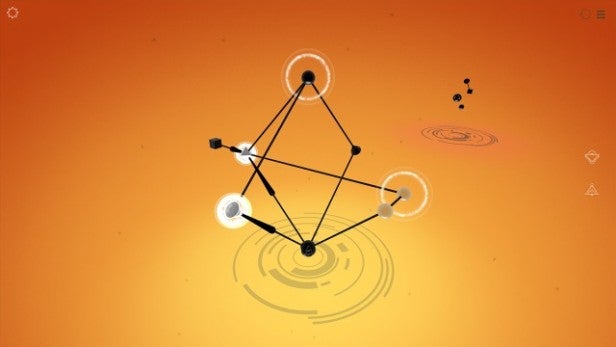
Much like Portal or Minecraft, Cadence is a videogame that makes players feel just a tad cleverer the more they play it. The fact that they produce some lovely music in the process feels like icing on the cake… until they’ve mastered the levels that Cadence has to offer and then the game springs its second wondrous surprise.
According to the developers, Cadence is part puzzle game and part music application. The different puzzle levels in the game aren’t just a series of brainteasers – they’re geared towards teaching players how to create music by joining up notes in a loop. Much like the Call Of Duty or Halo games, the ‘campaign’ mode of Cadence is a lengthy tutorial that teaches players the basic mechanics of the game and then tosses them myriad ways to apply them. However, instead of training up players for an online fragfest, Cadence is giving them the tools for an engrossing music creation suite.
In short, Cadence teaches players how to make music.
Related: Best Games 2015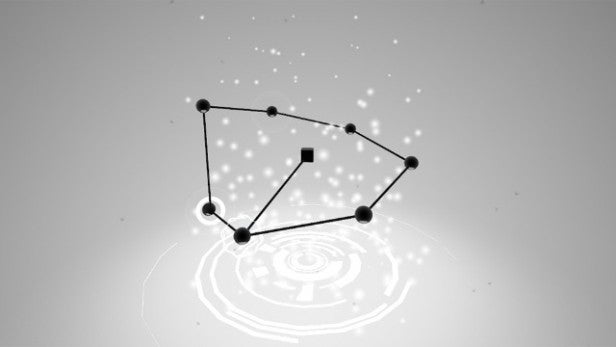
The concept isn’t new in and of itself; Apps like Rockstar’s Beaterator and Liine’s Remiix Plastikman Replikants offered players banks of sounds, beats and loops and intuitive interfaces allowing them to get stuck into music creation. Beats Slider and Sound Shapes wove sweet music deftly into their puzzle-fuelled delights.
First Impressions
There is something both compelling and elegant about Cadence as a package. Its minimalist graphics and simple mechanics suck players in to its musical world in seconds. Its difficulty is note-perfect and once you start tinkering with its musical applications it’s very hard to step away from. It’s pure poetry; perfect for anyone who has ever been intimidated by expensive music creation tools, anyone who loves a unique puzzler, and everyone else in between.

